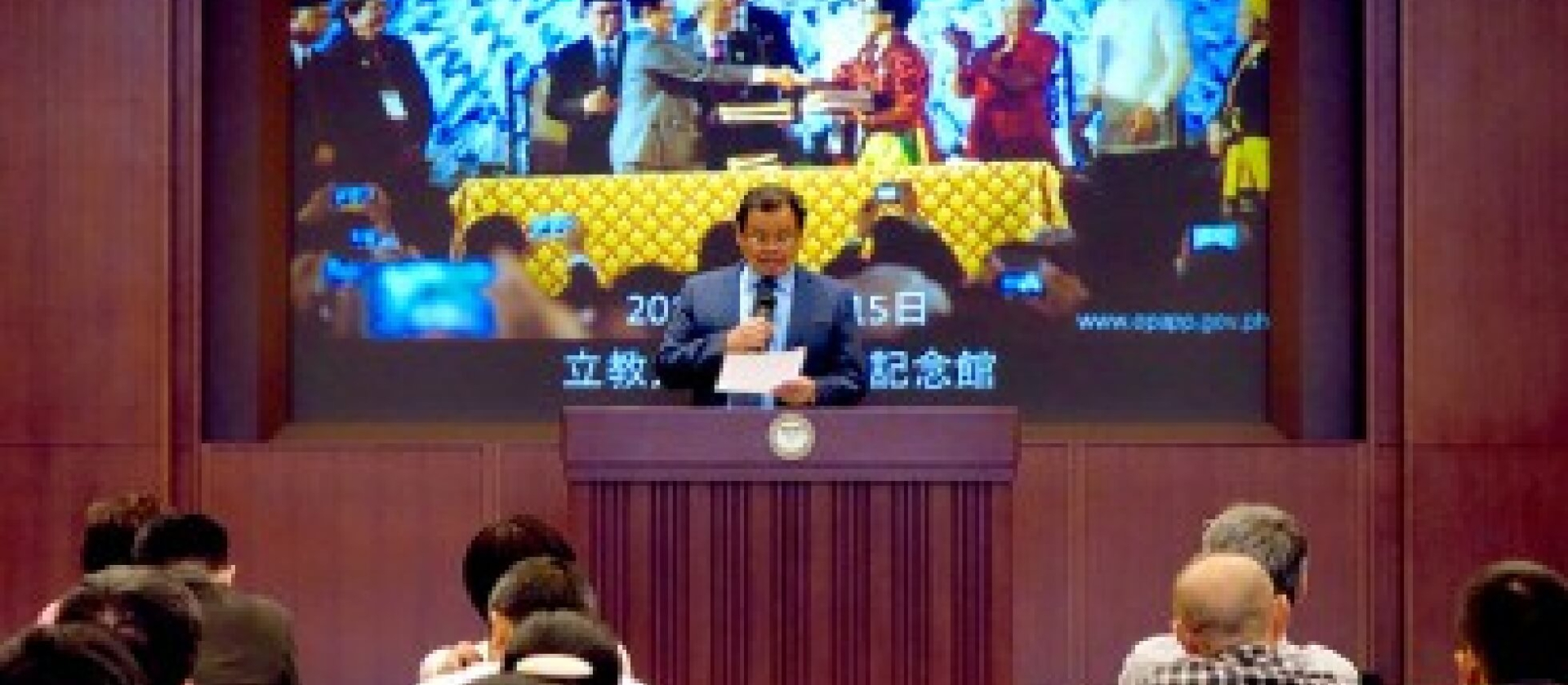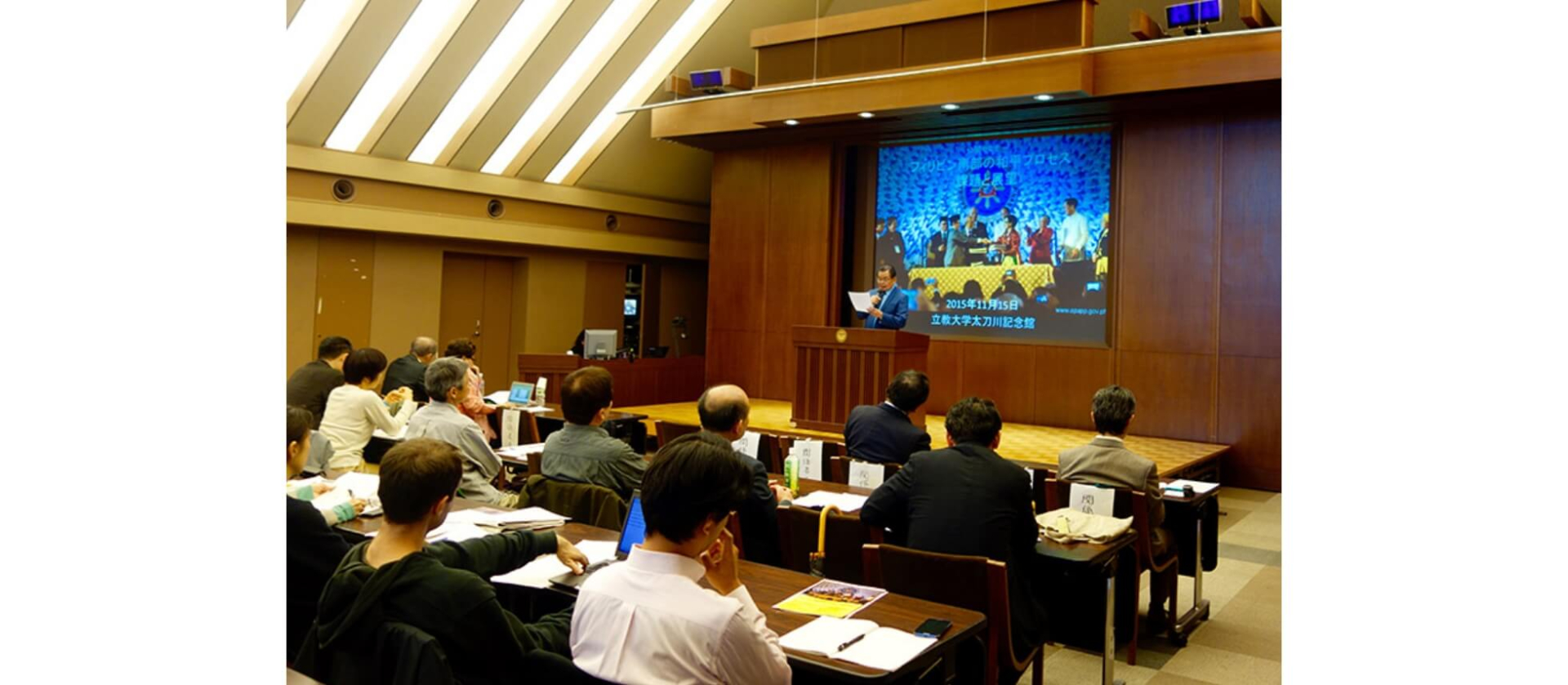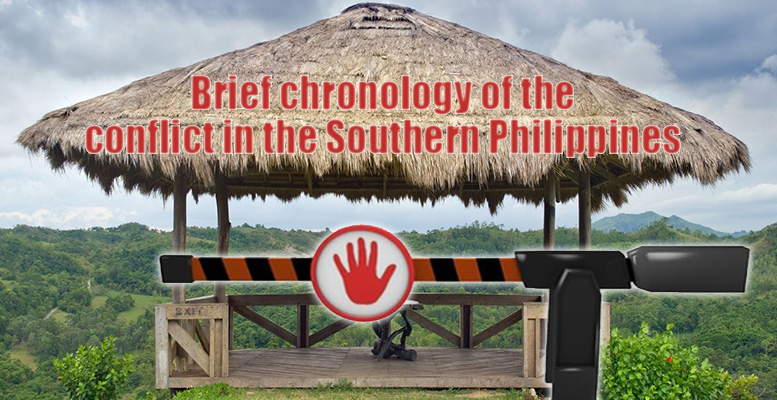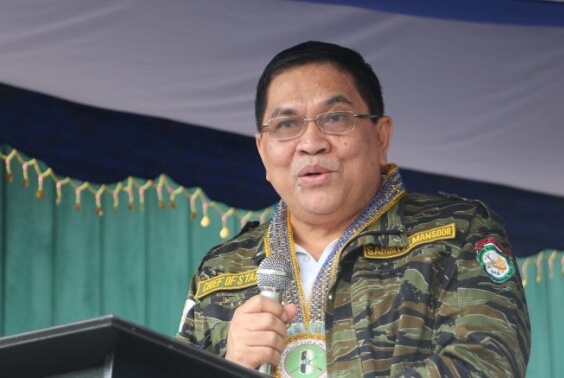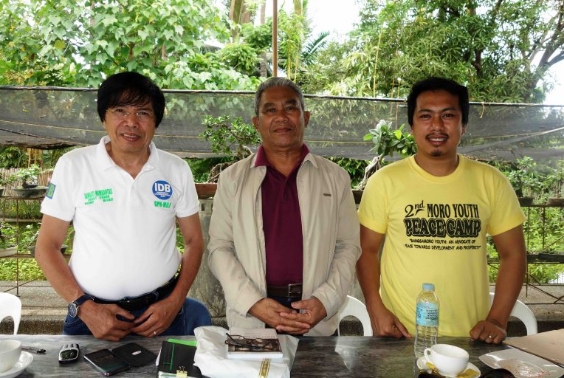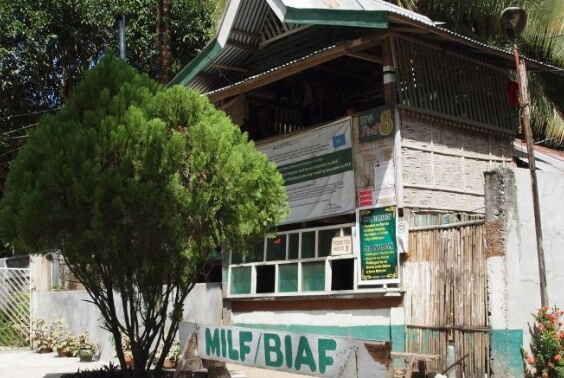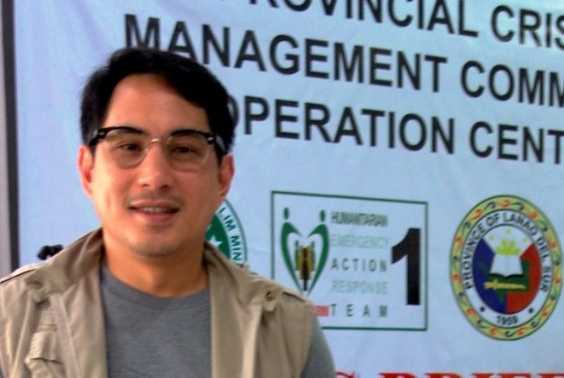Negotiation, as the word implies, is not an easy matter. Getting people to compromise is usually not a wholesome offer. An idea you think will work might not click with others. The challenge is rendered more difficult if the agenda of the negotiation is not about simple matters, like changing office rules or making some adjustments to the salary scale for employees, but, in the GPH-MILF peace negotiation, it was about solving the Bangsamoro Problem or Question, which is about “historic injustice” committed against the Bangsamoro people. This is practically a centuries-old conflict which is complex and knotty, encompassing many political structures, the military, religious matters, social and cultural affairs, and economic issues, to name just a few.
In this engagement, it took the Government of the Philippines (GPH) and the Moro Islamic Liberation Front (MILF) seventeen long and harsh years of negotiation, 11 governments and four MILF negotiators, virtually involving five Philippine presidents, and this engagement was interspersed with three major wars before they were able to sign the Comprehensive Agreement on the Bangsamoro (CAB) on March 27, 2014.
To illustrate one instance of this prolonged hard negotiation is the case of the botched Memorandum of Agreement on Ancestral Domain (MOA-AD), which was first tabled for deliberation in December 2004 and only to be initialled on July 27, 2008. It took the Parties three years and eight months before they agreed on the final text of the document. But their efforts were in vain because the Philippine Supreme Court subsequently declared it unconstitutional. As a result, war ensued and around one million people were displaced.
Our negotiation with the government passed through difficult processes and bitter experiences, such as impasses, withdrawals, cancellations, delays, walkouts, shouting matches, no-shows, proximity engagements, and back-channelling, etc. Even the choice of negotiators and the personality of the facilitators were not totally left to the discretion of the concerned party. Worse, sometimes while we were facing each other at the negotiating table, the armies of both Parties were already engaged in battles on many Mindanao frontlines. From 1997 up to the remaining period of President Gloria Macapagal-Arroyo in 2010, the ceasefire agreement was breached more than it was honoured, and, as expected, violations were mainly at instances of the Armed Forces of the Philippines (AFP) and its allies, the Police and paramilitary forces.

